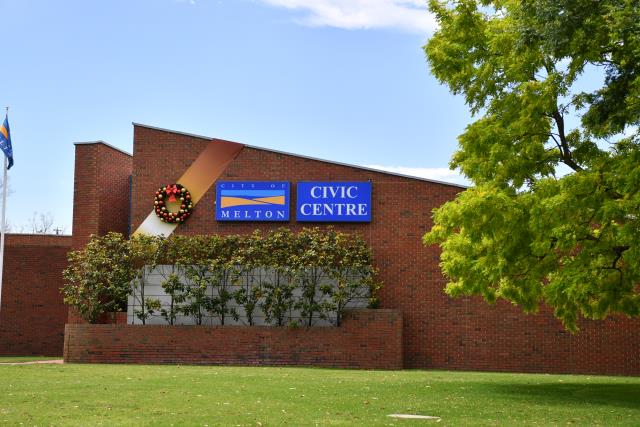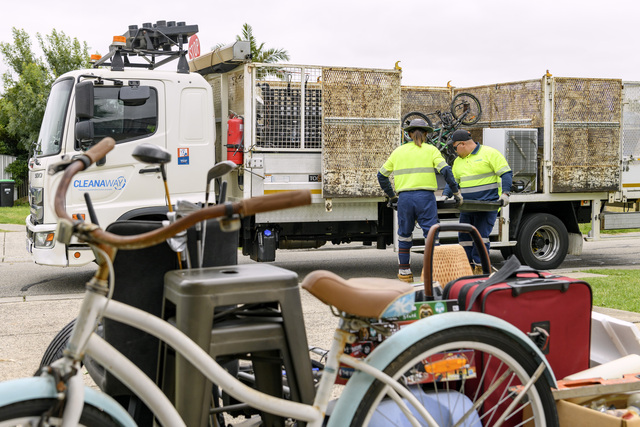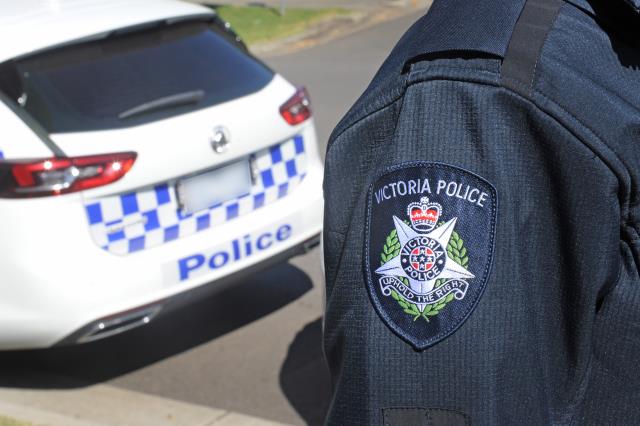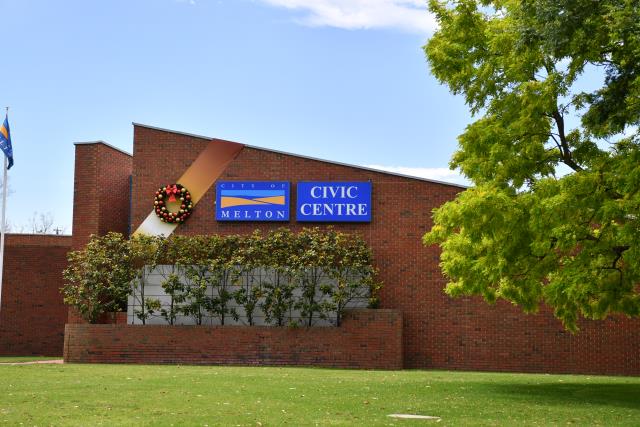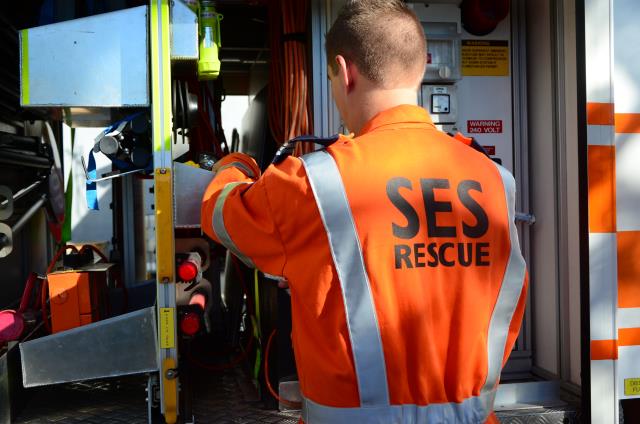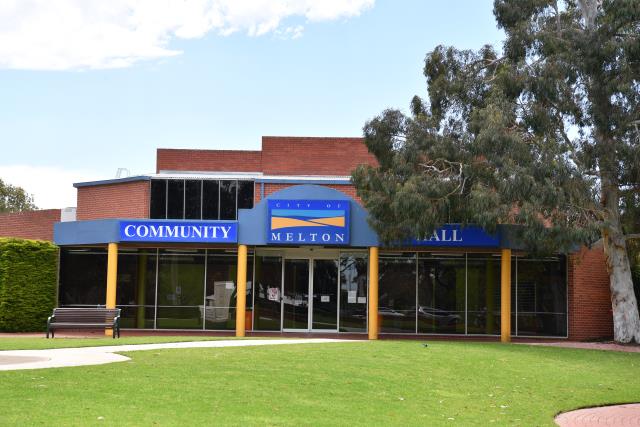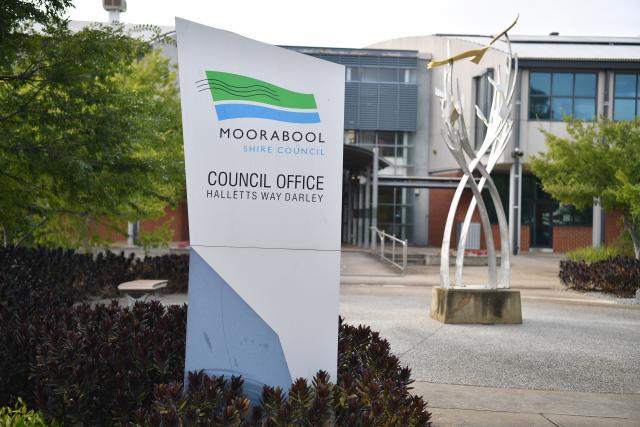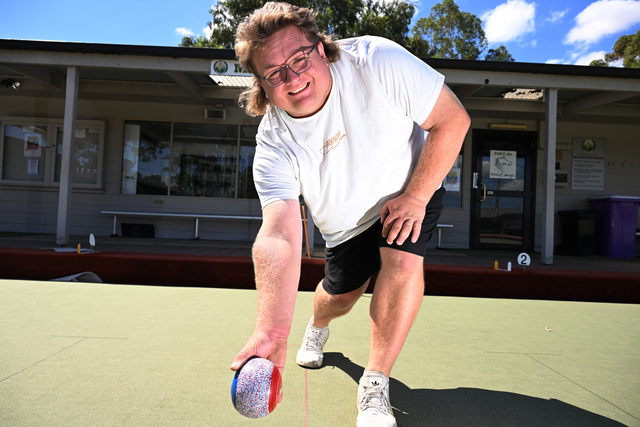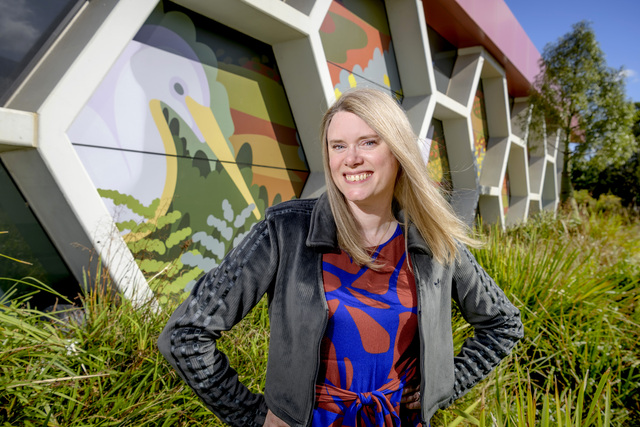A health educator has urged people with diabetes to become knowledgeable about their condition, take care of their mental health and check in regularly with their health practitioners.
“The more you learn about your condition, the easier it is to manage,” said Sheree Rennie, who runs Diabetes Education To Assist (DETA) in Bacchus Marsh, Melton and Ballarat.
Diabetes is a prominent issue for these areas. Earlier this year, a Health Department report revealed Melton residents had the highest rate of type 2 diabetes in the state at 9.3 per cent. Moorabool’s rate was 5 per cent.
Melton-Bacchus Marsh Diabetes Support Group convener Jeann Clark said the figures, revealed after studies declared Melton and the north-west to be a healthy food “desert”, were not surprising.
“There’s a higher population of diabetes but not a lot of resources to cope with it,” said Ms Rennie, who has type 1 diabetes and uses an insulin pump daily.
“For me you could say it [my career choice] stemmed from a desire to know everything I could about diabetes. I don’t want people to ever feel how I used to.”
Ms Rennie has joined with Bacchus Marsh’s Gell Street Medical Centre and Expert Health in Melton to provide extra support to people with the condition.
As part of the program, she conducts a full assessment of patients’ lifestyle, physical and mental health, physical activity, medications and diet.
“I take into account what works for them and work on changing things that don’t, but also show them why the change is necessary,” she said.
“I make sure they’re the ones feeling in control of their health and diabetes management.”
Diabetes will become the leading cause of death and illness in Australia in the next five years, according to Diabetes Australia.
About 1.5 million people are living with the disease. By 2025, it’s estimated 3 million people will be affected.
Studies have shown young people with the more preventable type 2 are twice as likely to die from the disease as those with type 1.



